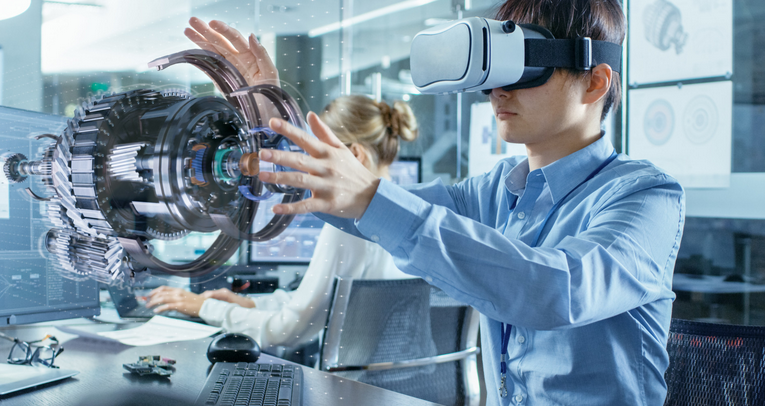
A Faster Service
With technology constantly improving machines, the amount of time the manufacturing processes take has greatly lowered. There are plenty of brilliant machines designed for increased productivity on the market, including ones like a speedy engraving machine, which ensures both quality and efficiency.
Automation is another way technology has contributed to a speedier manufacturing service. When systems are automated, production capacity is increased, allowing manufacturers to produce more in less time. Combine that with the ease of communications brought on by software tools, and you have a manufacturing company that wastes no time at all.
Fewer Errors
Technology has allowed near-perfect precision in machinery alongside less reliance on manual labor, and as a result, errors are now fewer and far between. On top of that, AI can predict upcoming malfunctions through its data, meaning sensors can alert staff before it even happens. With all the errors that are caught early through tech, both time and material are saved.
Greener Practices
The manufacturing industry contributes to much of the earth’s pollution. Luckily, technological developments have helped manufacturing companies switch to greener practices. For starters, automation and digital communications mean factories don’t have to use as much paper, contributing to less waste overall. As well as that, with AI detecting possible errors, manufacturers don’t have to waste as many materials and energy on faulty results.
Better Communications
Technology has improved communication for all industries, including manufacturing. Through communication software, staff can now communicate from across the shop floor without interruption. It’s not just communications between staff that have improved, either. With the Internet of Things, machines are better at communicating with each other, meaning if there is a machine malfunction, staff will know straight away.

Easier Maintenance
Maintenance is essential in the manufacturing industry. Without it, more errors are made, and more money gets spent on replacements. In the past, maintenance took a lot of the manufacturing team’s time, but now, with automation alerting staff when there is a malfunction, maintenance is much more streamlined.
Understanding Target Market
Through analyzing AI data, manufacturing companies now have a better idea of who their customer is and exactly what they are looking for. With such data, they can then make their marketing strategies more targeted for better results overall.
More Profitability
All in all, the developments in technology, including automation, AI, and machinery, have ensured that the manufacturing industry is much more profitable. It has led to mass production that can remain high in quality but still produce far more than before.
Who knows where technology will take the manufacturing industry next? With constant new developments, manufacturing is only going to become more streamlined and profitable over the years.



